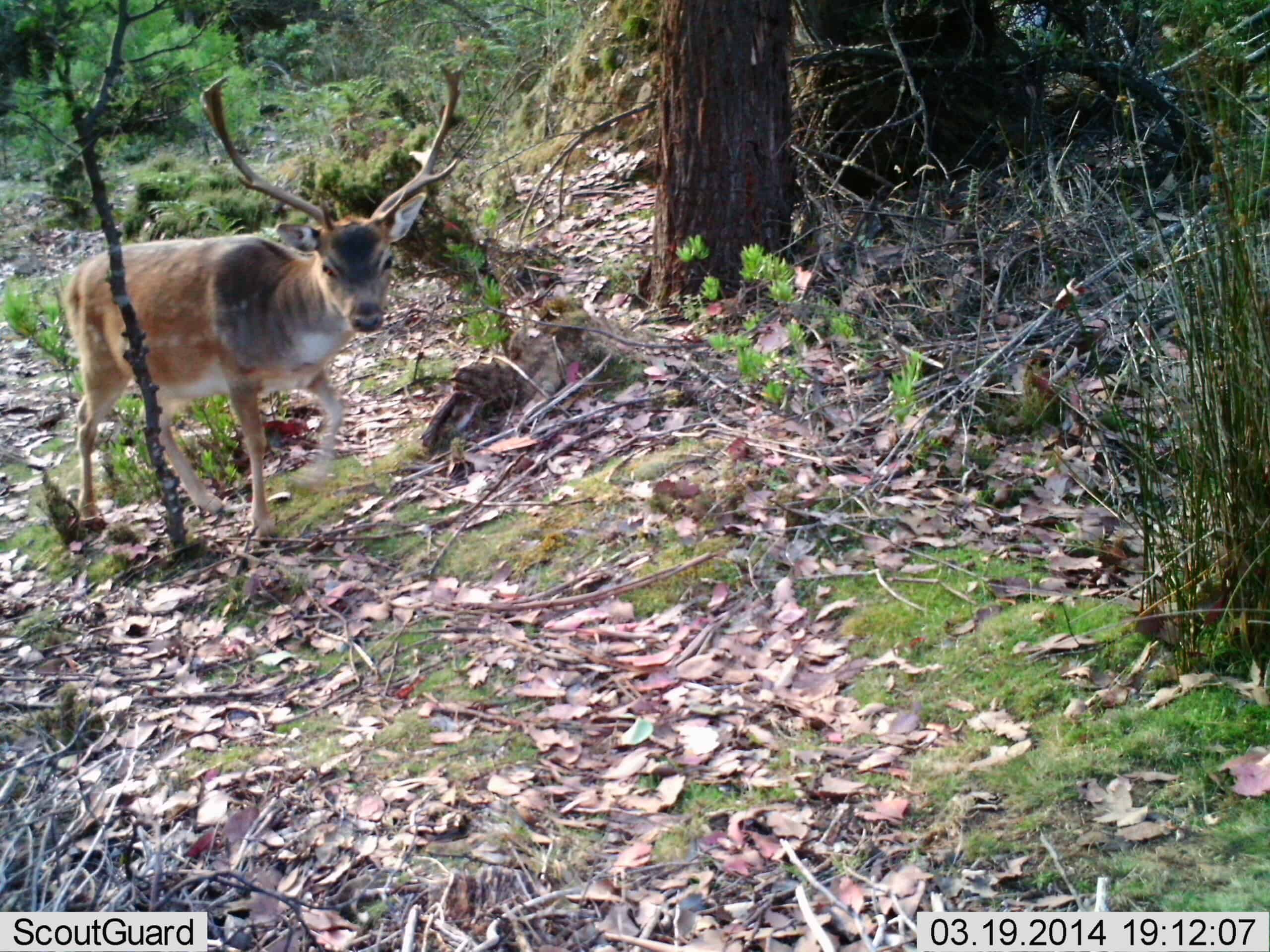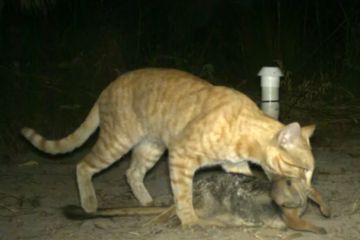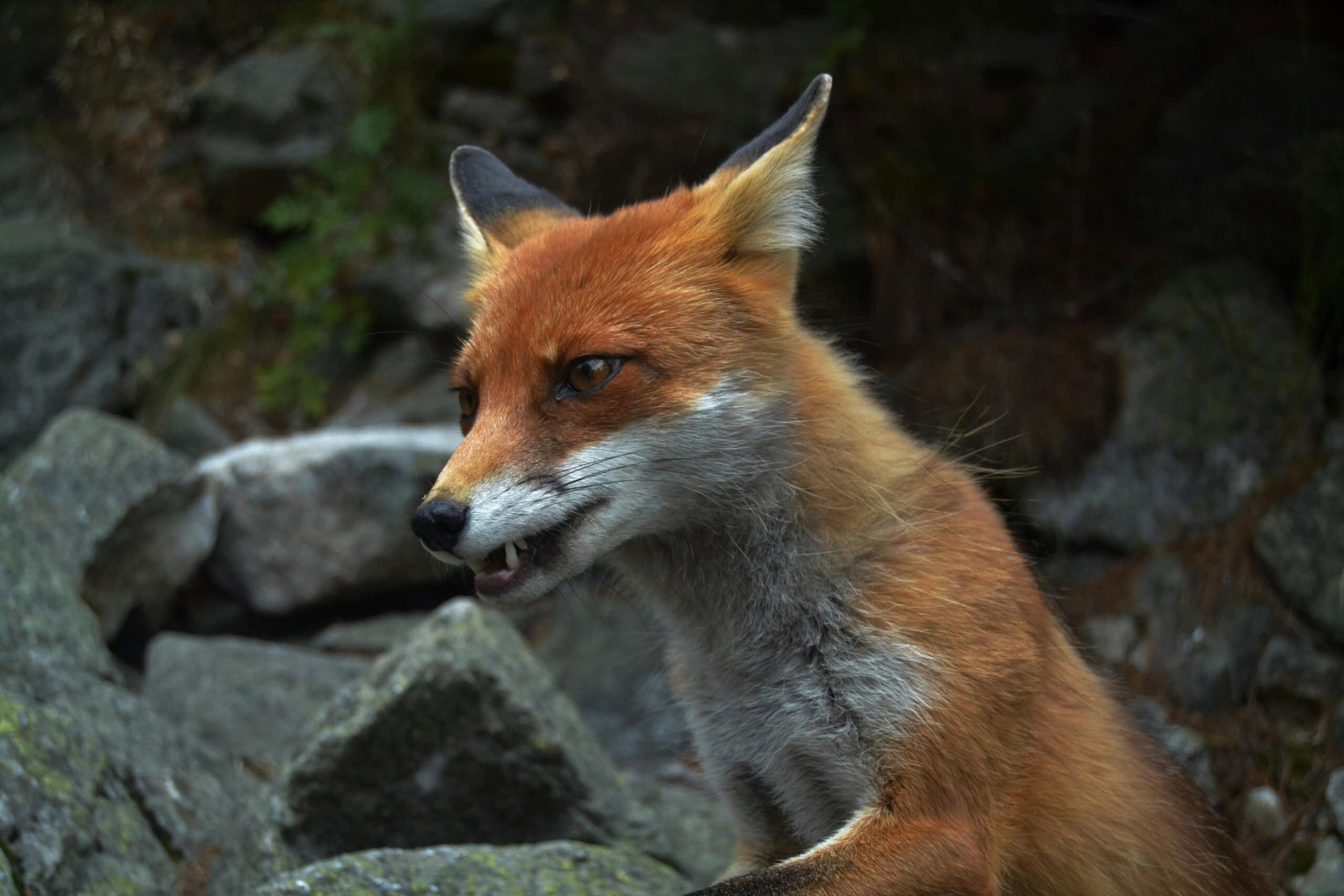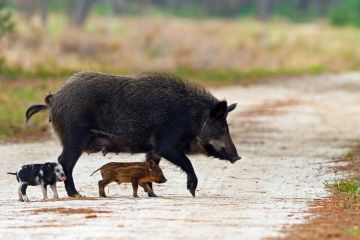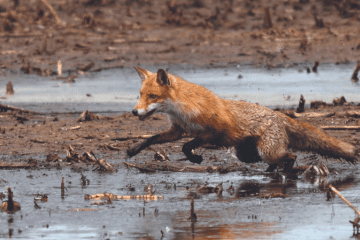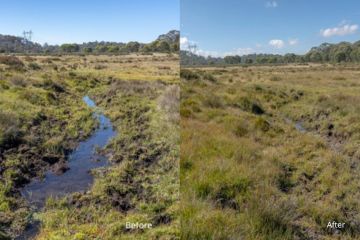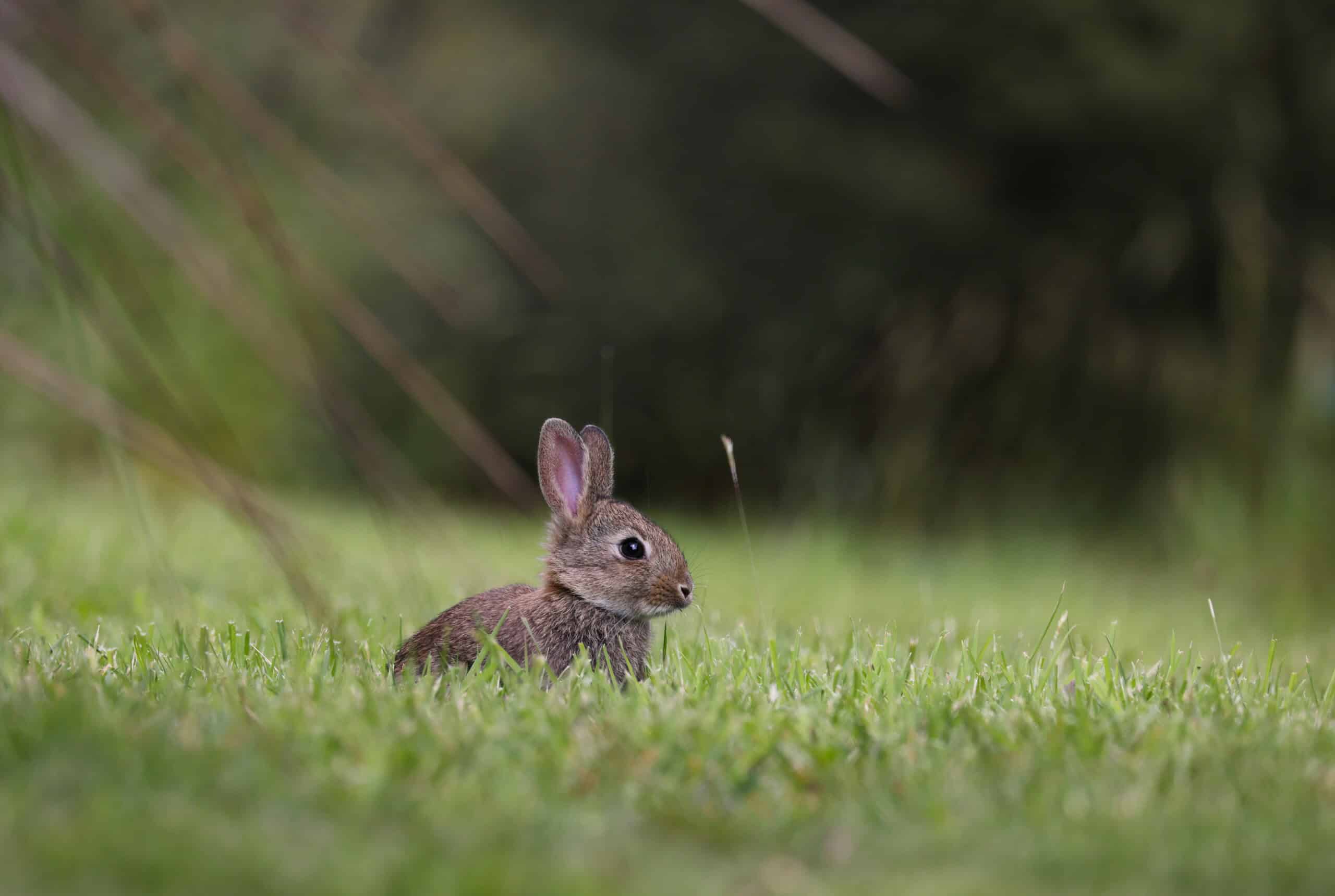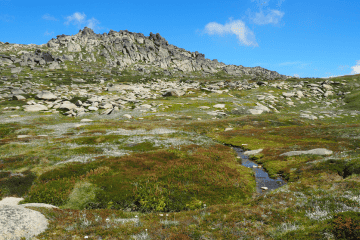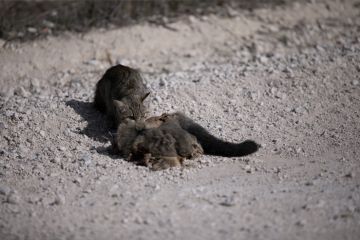
Victoria lifts Felixer ban in breakthrough for threatened wildlife
The Invasive Species Council has welcomed the Victorian Government’s decision to permit the use of Felixer grooming traps for feral cat control – calling it a landmark step that will turbo-charge efforts to protect threatened wildlife and give long-stalled island eradication projects their best chance of success.






